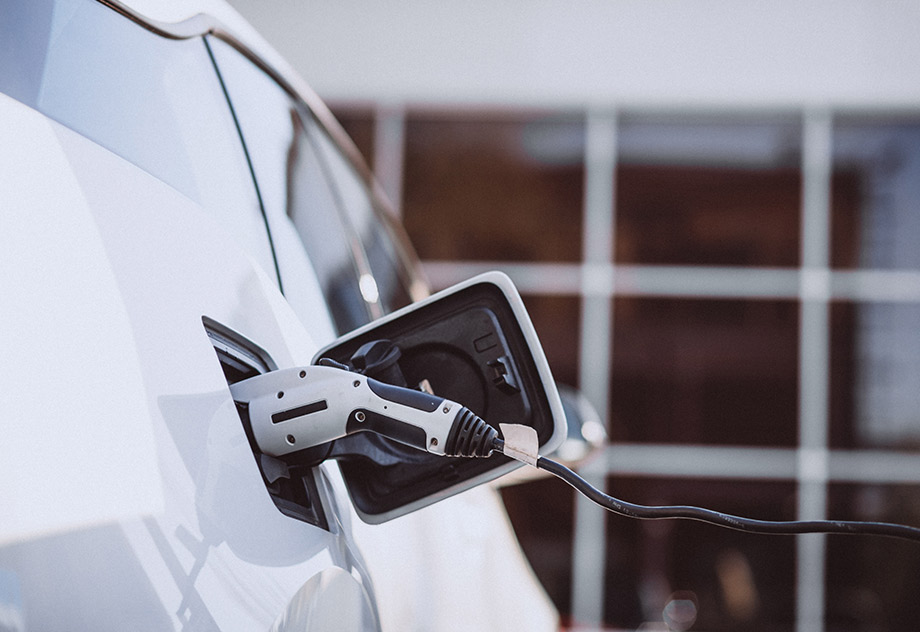Aluminium, Electrifying The Future of Mobility
15 Apr 2021
The Electrical Vehicle (EV) industry is witnessing rapid growth globally, with potential CAGR of 40-45% from 2020-2027. Nearly 10 million EVs were on road globally by the end of 2020, which is an increase from just 17,000 in 2010. This is being accelerated on the back of declining cost of EV technology, push for sustainable transportation as well as surging investments in charging infrastructure in urban spaces and lower cost per mile.
The Indian EV market is also expected to show strong growth in the coming years, with government rules and regulations like GST cuts and subsidies for EVs, stringent Bharat Standard (BS) emission control norms, cost competitiveness of EVs vs. ICE (Internal Combustion Engines), investments by Original Equipment Manufacturers (OEM) in EV product portfolios, surge in EV startups in India, investments in charging infrastructure by the central govt, etc. The Indian Government aims to achieve 100% EV new car sales by 2030, as is evidenced by the Faster Adoption and Manufacturing of (Hybrid &) Electric Vehicles in India (FAME) schemes, which aims to promote manufacturing of electric and hybrid vehicle technology and to ensure sustainable growth of the same.
Growth in the EV industry will lead to increased demand of light weighting of vehicles, which is where aluminium plays a crucial role. EVs are currently range constrained, and every kilogram saved can contribute to increased range – a 100kg saved on any EV translates to an additional 10-15% increase in range, and increased range is critical to drive higher EV adoption and close the gap to ICE vehicles. High cost of alternative materials is a deterrent. Material costs such as for carbon fiber-reinforced composites and titanium can go up to 3900% and 900% more than normal steel respectively. In fact, aluminium finds multiple uses in an EV, from vehicle body/chassis, fairings and transmissions to EV battery enclosures.
There is immense opportunity for India to leverage domestic capabilities and potentially substitute automotive parts imports of nearly USD 12 billion. Vedanta has been a leader and pioneer in enabling the Indian automotive and auto ancillary industry to access products of highest quality and unparalleled technical service. With state-of-the-art infrastructure, engineering prowess, global technology partnerships and R&D capability to develop product solutions perfectly tailored for downstream industries, we are working with the Indian automotive and auto-ancillary players and together with them, build the future of mobility.













